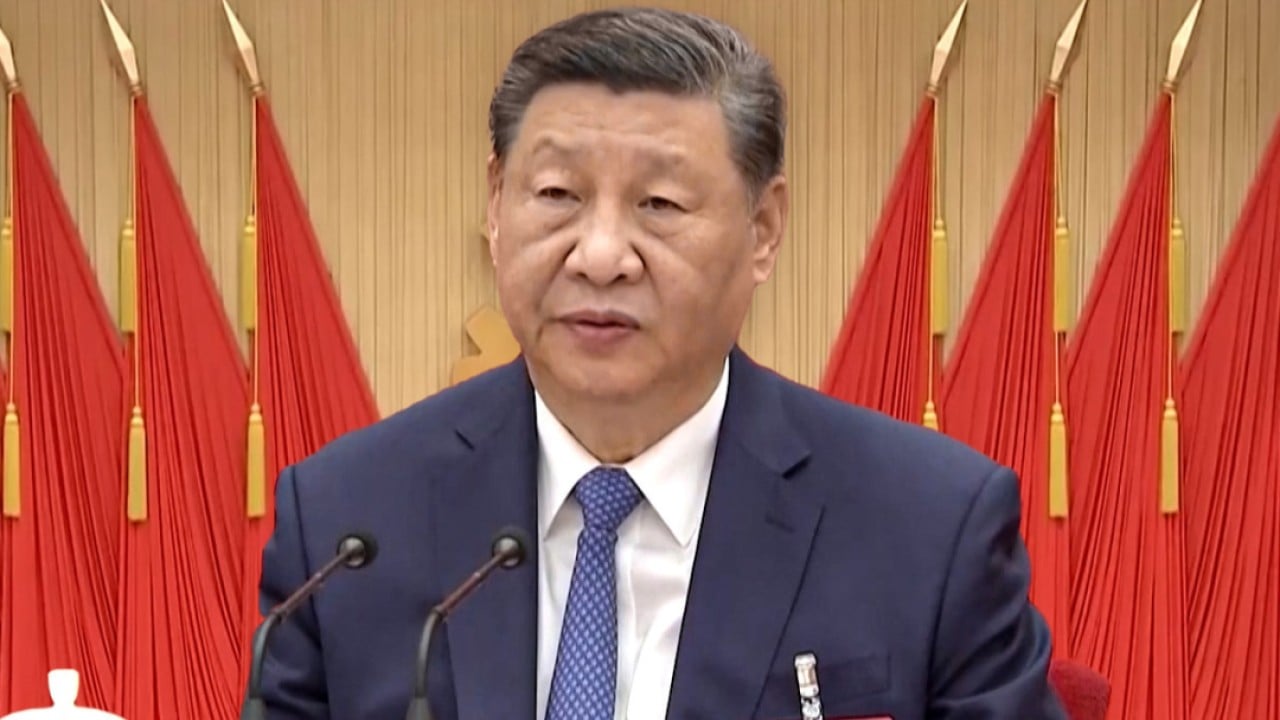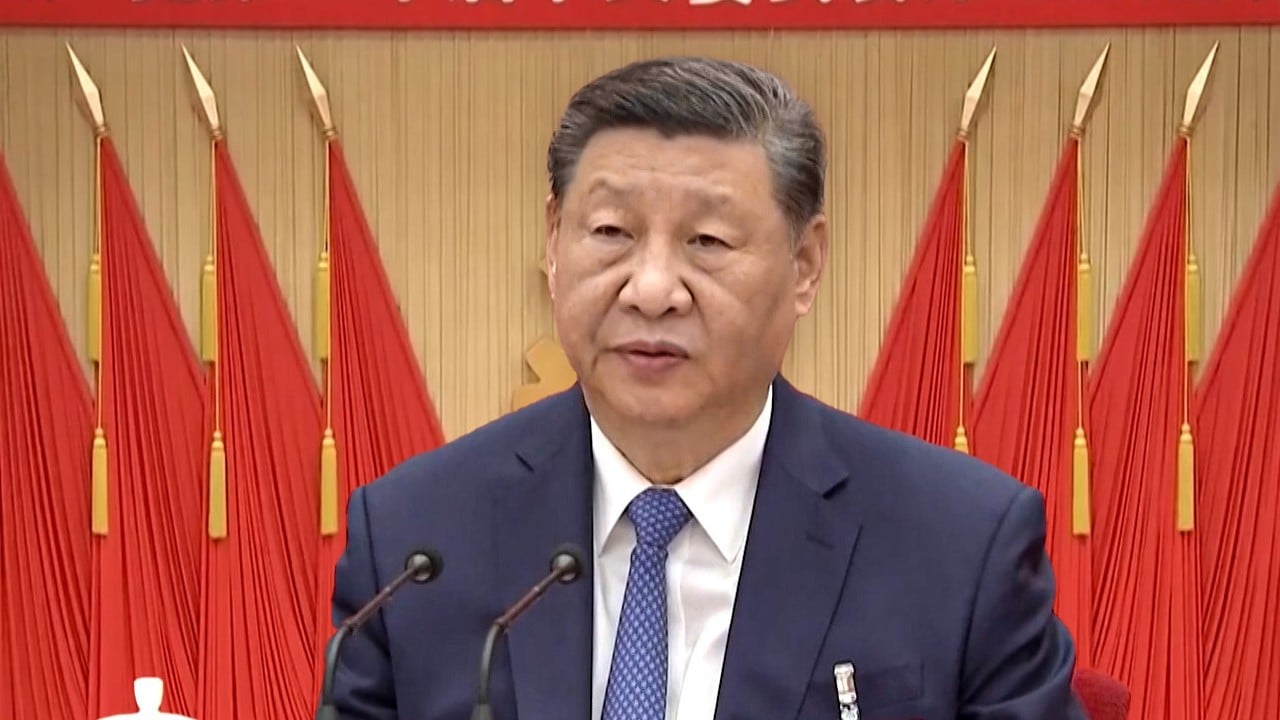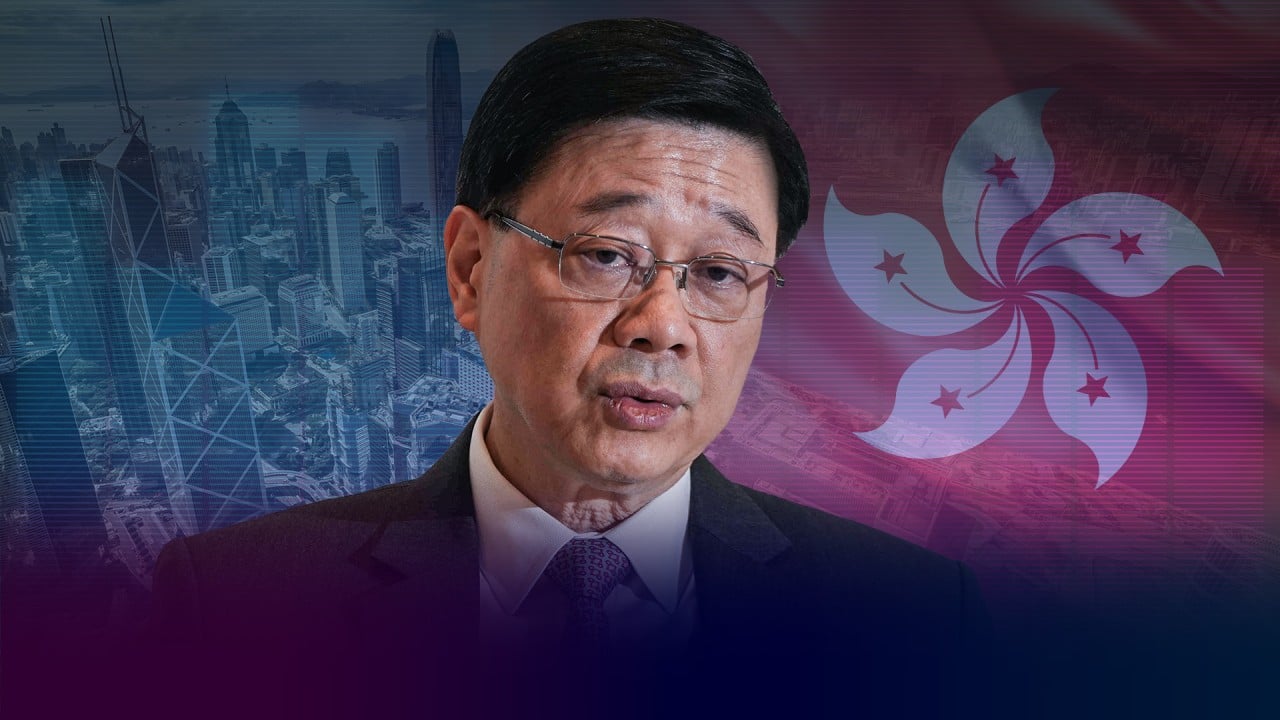China’s recent third plenum highlighted the importance of making the country a champion of innovation through generating disruptive technology and scaling up into high-end manufacturing. Many, however, focused on doubts over China keeping its doors open and questioned if it was too focused on national – or political – security.
Even before the meeting of China’s top leaders had concluded, pessimism had surfaced over the possibility of concrete and effective solutions to revitalise China’s economy, as suggested by a Brookings Institution commentary. After the plenum, the Cato Institute uploaded a video of a talk by Johan Norberg titled: “The Paper Tiger: Why China Won’t Fulfill Its Potential”.
In it, Norberg, a Swedish author and historian, points to the “large-scale return of authoritarianism and the planned economy” in China under President Xi Jinping, suggesting the country was moving away from the free market and international society.
Meanwhile, the British Royal Institute of International Affairs – better known as Chatham House – warned that the “progressive sagging of private sector ‘mojo’ in the past few years is important to bear in mind as a root cause of the Chinese economy’s current slump”.
Coincidentally or not, around the same time, the Peterson Institute for International Economics published a piece questioning whether manufacturing can still provide inclusive growth. And the Council on Foreign Relations, based in New York, continues to push the narrative that China is engaged in a cold war with the United States.
The stream of negativity from foreign academics and commentators comes as no surprise given the increasingly intense relations between China and the West. Ten years after China first started putting together its comprehensive national security outlook, any statement making reference to “national security” is still often seen as reeking of hostility and a threat.
Yet how has China given up on its commitment to international cooperation and backchannel Track 2 diplomacy? Even during the high-level third plenum, for instance, Beijing also hosted the Global Health Forum of the Boao Forum for Asia.
The low-key event was nevertheless attended by nearly 1,000 delegates from 41 countries and regions. Speakers included Boao Forum chairman and former UN secretary general Ban Ki-moon, the health forum’s chair Margaret Chan Fung Fu-chun, director general emeritus of the World Health Organization, as well as Japan’s health, labour and welfare minister Keizo Takemi.
Despite the third plenum, Beijing party secretary Yin Li made time to attend the health forum. In particular, former Hong Kong chief executive Carrie Lam-Cheng-Yuet Ngor highlighted the contributions the city has made and can make in improving global health.
It’s worth pointing out that Hong Kong has a role in China’s Track 2 diplomacy and its efforts can help turn the argument that China is moving away from international society. In this respect, it would be wise of Hong Kong to pay special attention to the UN’s sustainable development goals (SDGs), in health or otherwise, as such efforts can lay the foundation for Track 2 diplomacy.
Earlier this year, on my study strip to Tokyo, Kyoto, Tokushima and Kobe organised by the Japan Foundation, almost all of Japan’s government departments, universities and companies were discussing SDG-related action, including recycling, evaluation of zero-waste centres and strict air conditioning temperatures.
If Hong Kong wants to engage in a deeper conversation and collaboration with countries such as Japan, the SDGs can be a medium.

Besides, the health industry has become a new vector of economic growth after the Covid-19 pandemic, as more people keep a closer eye on the latest developments in the sector. Advances in areas such as biomanufacturing and telemedicine would easily qualify as some of the “new quality productive forces” highlighted in China’s third plenum and can help boost China’s hi-tech manufacturing industry.
Given Hong Kong’s plans to become an international centre for innovation, it makes sense for the city to develop its health industry. This would also help to address common health concerns and challenges domestically and internationally, such as the speed of response to public health crises, population ageing and the balance between privacy and health tech development.
If Hong Kong can establish an internationally competitive health industry, it could also potentially end its era of structural deficits and help the city revitalise the mainland economy.
Many in Hong Kong involved in public health would readily support the city’s efforts to contribute more actively to global health. But we also need more active participation from all sectors of society.
By leveraging Hong Kong’s unique East-meets-West cultural fusion and as the only common law jurisdiction in China, we can use our knowledge in international cooperation and global standards to find a different path for China and the West than the oft-cited Thucydides Trap.
It is ironic that despite Hong Kong’s world-class universities and research, we have paid so little attention to health diplomacy – a popular item of cooperation on the global health agenda. We shall have to catch up quickly to engage in global health cooperation and diplomacy, learning while contributing.
While geopolitical pressures remain challenging. Hong Kong’s potential in developing biotechnology is, fortunately, widely recognised.
It is time for Hong Kong to leverage its distinctiveness to advance public health cooperation between China and the world, and to show that true patriots are those who dare to fulfil the promise of China and respond to its critics with concrete action.
Li Charles Kwun Yu is a PhD candidate at Peking University’s School of International Studies




